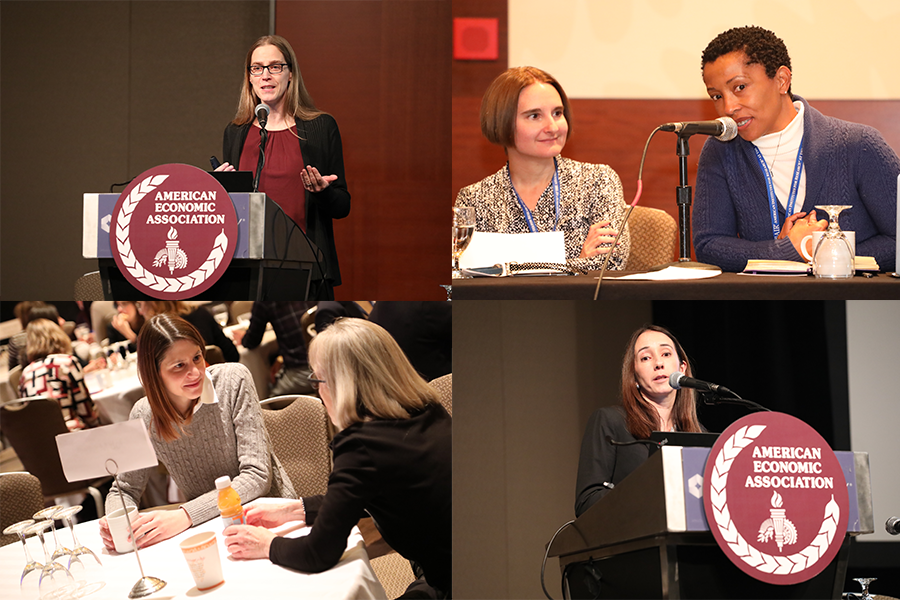Money
 *FOIA Response from HUD Reveals 646% Increase in Foreclosures against Seniors in 2016; HUD Must Do Better Monitoring Servicers When They Report "Non-occupancy" As Reason For Foreclosing
*FOIA Response from HUD Reveals 646% Increase in Foreclosures against Seniors in 2016; HUD Must Do Better Monitoring Servicers When They Report "Non-occupancy" As Reason For Foreclosing
In January 2017, the California Reinvestment Coalition and Jacksonville Area Legal Aid submitted a Freedom of Information Act request to the Department of Housing and Urban Development, seeking data about reverse mortgage foreclosures in HUD’s Home Equity Conversion Mortgage program, and about a new HUD program meant to keep widowed and widower non-borrowing spouses in their homes after the death of their spouse. New data indicates that there was a 646% increase in foreclosures last year against seniors with federally insured reverse mortgages as compared to the previous 7 years. more »
 More Than One-Third of People with Traditional Medicare Spent at Least 20 Percent of Their Total Income on Health Care in 2013
More Than One-Third of People with Traditional Medicare Spent at Least 20 Percent of Their Total Income on Health Care in 2013
In 2013, Medicare beneficiaries’ average out-of-pocket health care spending was 41 percent of average per capita Social Security income; the share increased with age and was higher for women than men, especially among people ages 85 and over. Medicare beneficiaries’ average out-of-pocket health care spending is projected to rise as a share of average per capita Social Security income, from 41 percent in 2013 to 50 percent in 2030. more »
 The Gender Gap in Economics: Swarthmore’s Amanda Bayer Discusses Sexism in the Profession and What To Do About It
The Gender Gap in Economics: Swarthmore’s Amanda Bayer Discusses Sexism in the Profession and What To Do About It
Amanda Bayer: "The percentage female at the undergraduate level in economics is well below the percentage female in other social sciences, in business, in humanities and even below the percentage female in STEM fields. Economics is an outlier...There's a huge misconception that it's the math component of economics that's keeping women away. And that's actually not the situation. About 45 percent of math majors at the undergraduate level are women. So, women major in math at a higher rate than they do in economics. Other studies with regression evidence show that math isn't the factor that explains the gap."
more »
 Cost Estimate for the Conference Agreement on H.R. 1; Estimated Budgetary Effects
Cost Estimate for the Conference Agreement on H.R. 1; Estimated Budgetary Effects
Title I would amend numerous provisions of U.S. tax law. Among other changes, the bill would reduce most income tax rates for individuals and modify the tax brackets for those taxpayers; increase the standard deduction and the child tax credit; repeal deductions for personal exemptions; repeal or limit certain itemized deductions; and increase the exemption amounts for the individual alternative minimum tax. Those changes would take effect on January 1, 2018, and would be scheduled to expire after December 31, 2025. The bill also would permanently repeal the penalties associated with the requirement that most people obtain health insurance coverage (also known as the individual mandate). more »






